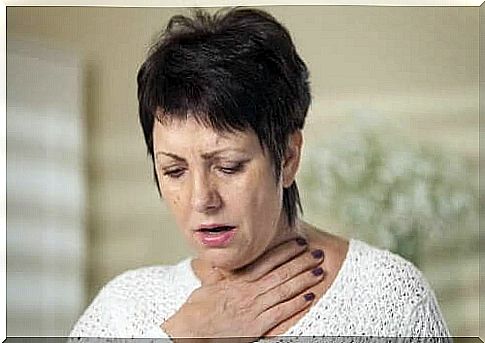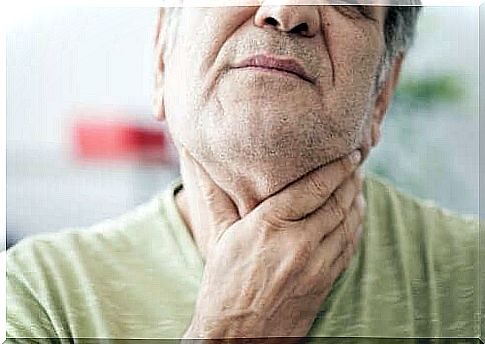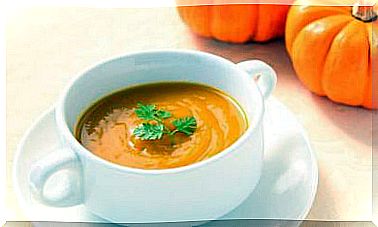What Are The Causes Of Dysphagia?
Dysphagia is discomfort or difficulty swallowing that has different causes. What are they ? We will find out today.

Dysphagia refers to a gene you feel when you eat or drink. The sensation is similar to that of a completely blocked throat and can cause occasional nausea if the person forces himself to swallow.
This problem, the consequences of which affect many people, has known causes. In this article, we’ll find out about them and see how we can reduce their impact.
Causes of dysphagia
As the article “Dysphagia and nutritional status of institutionalized elderly people” indicates, this disorder is also considered a geriatric syndrome. Indeed, it is particularly common in the elderly. Let’s see some of its possible causes:
- Neurological disorders. Certain diseases such as multiple sclerosis, muscular dystrophy or Parkinson’s disease, among others, can cause dysphagia. This is because the muscles involved in swallowing are not functioning properly.
- Cancer. This is actually one of the symptoms that can alert you to throat cancer. However, undergoing treatments such as radiation therapy or chemotherapy can also have this type of consequence.
- Gastroesophageal reflux disease. Frequent reflux can damage the esophagus. When these heal, they can cause the esophagus to narrow.
- Foreign bodies. This is because sometimes dysphagia is linked to objects that got stuck in the throat. For example, a piece of meat that has not been chewed properly. The absence of teeth can also cause this difficulty.

These are just a few of the possible causes of dysphagia. There are others that can cause these symptoms as well. For example, achalasia which occurs because the esophageal muscle does not relax. What are the consequences of dysphagia now?
The consequences of dysphagia
As we have seen, dysphagia affects an age group at risk. It is therefore important to pay attention to it and to consult a doctor in case of difficulty during swallowing. Otherwise, the following difficulties may arise.
To talk about the consequences of dysphagia, let us rely on this article entitled Consequences and treatment of dysphagia. This same document also discusses some of the treatment options that currently exist.
Malnutrition
When an elderly person suffers from dysphagia, and is unable to eat and drink, this can lead to a risk of severe malnutrition. In fact, in the most severe cases, the person cannot even swallow their own saliva.
In such situations, it is recommended that the affected person’s diet be changed and given oral supplements. Another way to prevent malnutrition is to use a feeding tube so that the person can get the food they need.
Respiratory problems
This second consequence occurs when a piece of food is accidentally sucked directly into the airways. This can prevent the person from breathing. In addition, it can lead to respiratory failure.

It can also lead to aspiration pneumonia. These are quite serious situations which must be treated urgently because they put the life of the elderly patient in danger.
To treat respiratory problems that may arise, prevention is the best solution. For this, it is necessary to implement compensatory manipulations to reduce aspiration and the risk of blockage of the airways by food.
Points to consider
In addition to all of this, there are some issues that are important to consider when dealing with someone who suffers from dysphagia. Above all, you need to be in a calm environment and avoid any distractions that could cause aspiration. However, it is important to follow the specific instructions given by the doctor.
If you have any of the symptoms that characterize dysphagia and you belong to a risk group, do not hesitate to contact your doctor. He or she will perform the appropriate tests to confirm this diagnosis and give you a series of recommendations that you can begin to implement.
Remember that prevention is the most important thing in these cases. For this it is possible to do exercises to improve swallowing and to swallow food more easily.









